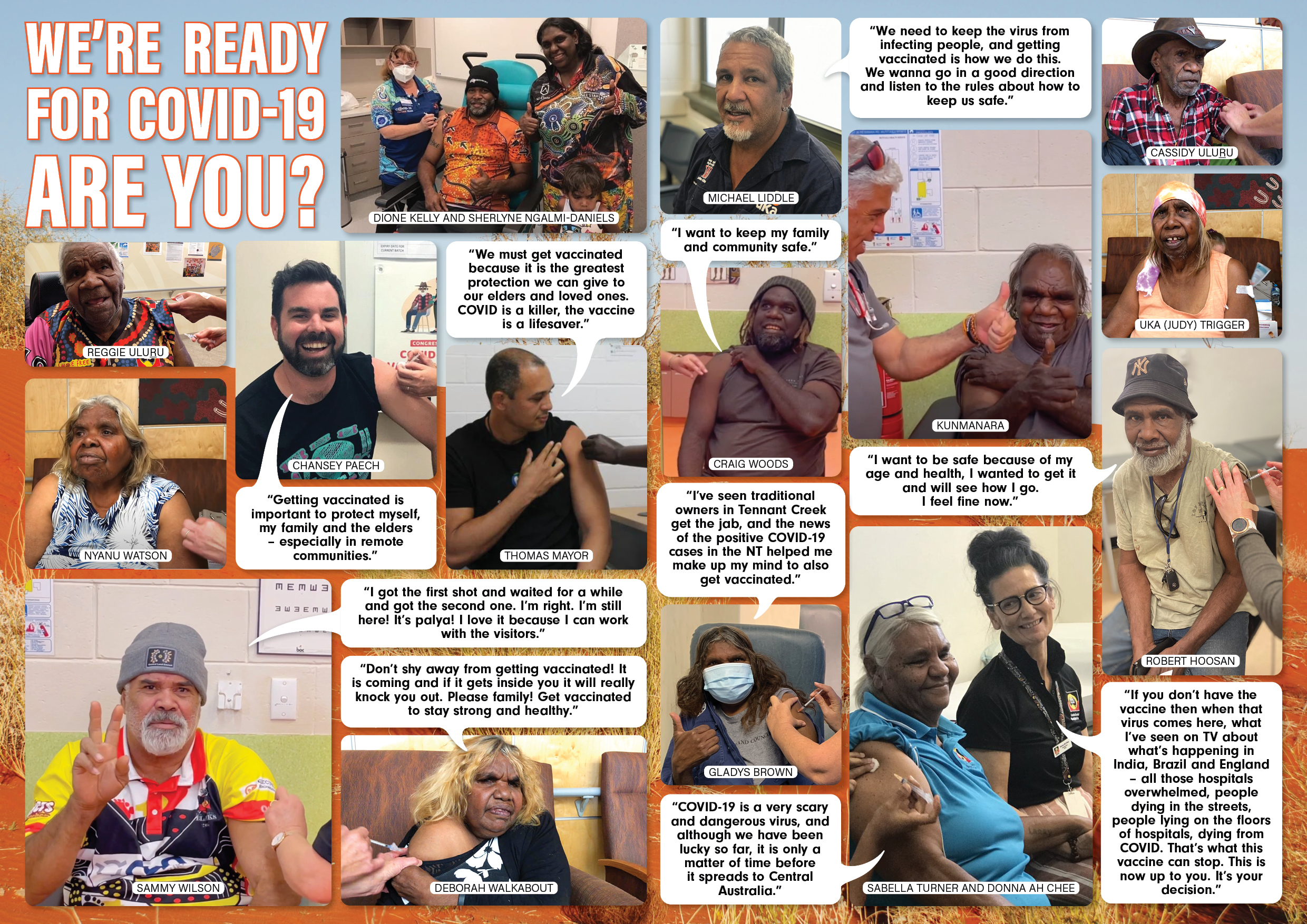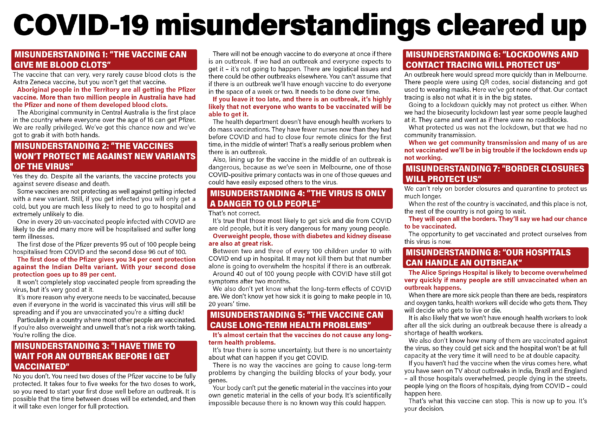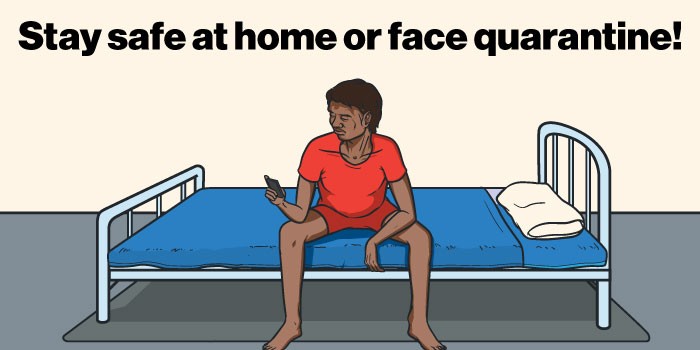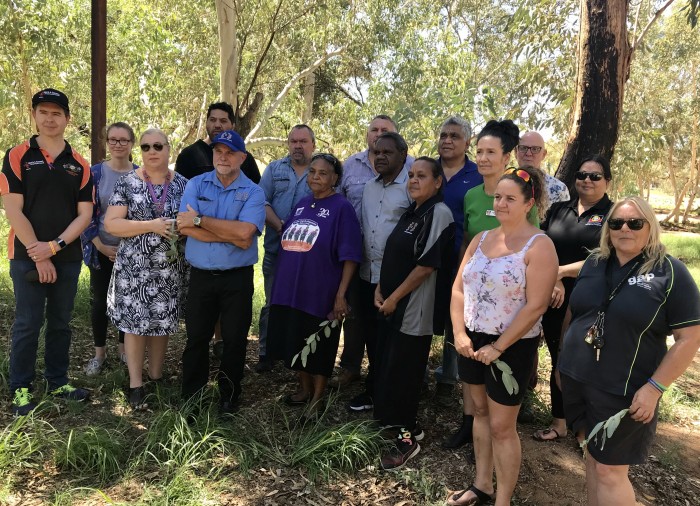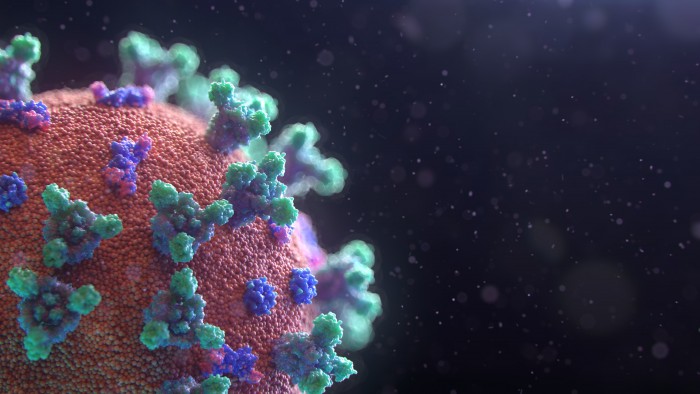Dear Chief Minister,
As Aboriginal organisations representing our communities across the Northern Territory, we are writing to you about the rapidly escalating COVID-19 outbreak in Central Australia.
We have been advocating continuously for firm action to slow the outbreak since it began in the early days of 2022. However, our requests have been ignored, or action taken too late or on too small a scale to make a real difference.
There has been a significant failure by government agencies in Central Australia to put into practice the plans agreed with your government before the outbreak.
This has directly led to COVID spreading out of control in the Aboriginal communities of Central Australia and beyond.
Because there is a lag between infections and hospitalisations, it is too early to become complacent and suggest that the rising case numbers will not lead to severe disease and deaths.
We don’t think we should have been put in the situation where it is primarily Aboriginal people who are being asked to take the risk that Omicron is only a mild virus, when public health measures properly implemented could have prevented many of the cases we are now seeing.
We are now left with no alternative but to call upon you to intervene and impose an immediate lockdown across Central Australia.
This is our last chance to flatten the curve of new infections and hospitalisations and save lives that will otherwise be lost.
Emergency Response – Implementation failures
The spread of COVID now appears to be out of control in the Aboriginal community in Alice Springs and Central Australia. Many of the issues we are facing were foreseen, and plans made to address them.
But there has been a catastrophic failure by government to discharge its responsibility to all Northern Territory residents by implementing these plans in Central Australia.
The failures include:
• late introduction of a vaccine pass system, which should have been introduced in the second half of 2021 to encourage people to get vaccinated
• late introduction of a mask mandate for high risk events, leading to low compliance at New Year’s Eve events, at least one of which was a ‘super-spreader’ incident
• slow and inadequate follow up of those who had attended the critical New Year’s Eve event, including some who became infected and returned to overcrowded households in Alice Springs houses, town camps and remote communities including Yuendumu. There was an inadequate Test, Trace, Isolate and Quarantine (TTIQ) response even though the initial outbreak was in Alice Springs
• failure to promptly list the New Years Eve party as a public exposure site so that people who had attended could be aware of their additional risk
• when positive cases were located in crowded households, they were left at home for more than 48 hours by which time the virus had spread within and between households and then to other town camps and houses. This was in contravention of all agreed plans to remove positive cases immediately from households where they were unable to safely self-isolate
• failure to stand up adequate supervised isolation facilities, despite numerous urgent requests to do so. This led to long delays in removing positive cases from crowded households, with many of these people leaving their houses in the meantime. While the NT Police have done a great job in finding people who were supposed to be self-isolating at home, it was often not until many others had been exposed to the virus
• lack of adequate resources for testing and contact tracing, with the burden for much of this work transferred from the responsible government agencies to Aboriginal organisations who were already overburdened with providing health and community services
• failure to seek additional health and logistical support from Australian Government agencies, including the Australian Defence Force which could for example have been used to stand up an additional isolation facility in Alice Springs and/or provide immediate transport of positive cases to the Centre for National Resilience
• failure to set up and share adequate data systems to keep track of cases by locality over time on a daily basis so the trend of what is happening is clear.
Immediate steps required
We are now calling upon your Government to impose an immediate lockdown in Central Australia to stop the movement of people and flatten the curve of new infections and hospitalisations.
It is vital to act now because we know that if allowed to continue to spread, this virus will seek out the vulnerable and the unvaccinated, whether Aboriginal or non-Aboriginal, across Central Australia and beyond.
A lockdown will allow time for:
• primary contacts to be tested, identified and where appropriate removed to supervised isolation in the Centre for National Resilience or regional isolation facilities as soon as these can be developed
• effective new oral treatments for COVID to be distributed across Central Australia and especially to remote communities
• a Rapid Response Team to be stood up for Alice Springs and remote communities in Central Australia with a particular focus on testing and reactive vaccination
• adequate numbers of Rapid Antigen Tests (RATs) and N95 masks to be distributed
• effective data systems to be established (and shared) so new cases and trends can be monitored in real time
• more people over the age of 18 to receive their crucial third or booster dose of a COVID vaccine and for children to be vaccinated
• further consultation with Land Councils and other organisations about how best to reduce movement into and between remote communities
• urgent consultation and planning with the Australian Government including the Australian Defence Force to ensure their support.
Chief Minister, despite the failures so far in Central Australia, it is not too late to act.
We urge you to ignore those who say it is too difficult, too late, or too expensive, or that the Omicron variant of COVID is a mild disease and that we need not worry about it.
There is a way forward, and we are counting on you to act urgently to protect the residents of Central Australia.
Josie Douglas A/g CEO, Central Australian Aboriginal Congress
Les Turner CEO, Central Land Council
John Paterson CEO, Aboriginal Medical Services Alliance Northern Territory
Graeme Smith CEO, Lhere Artepe

